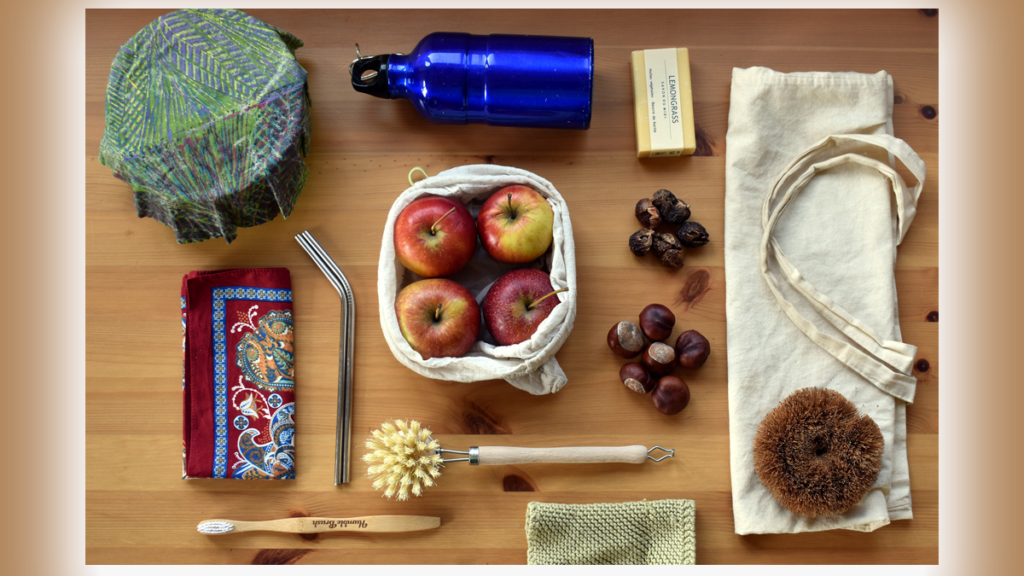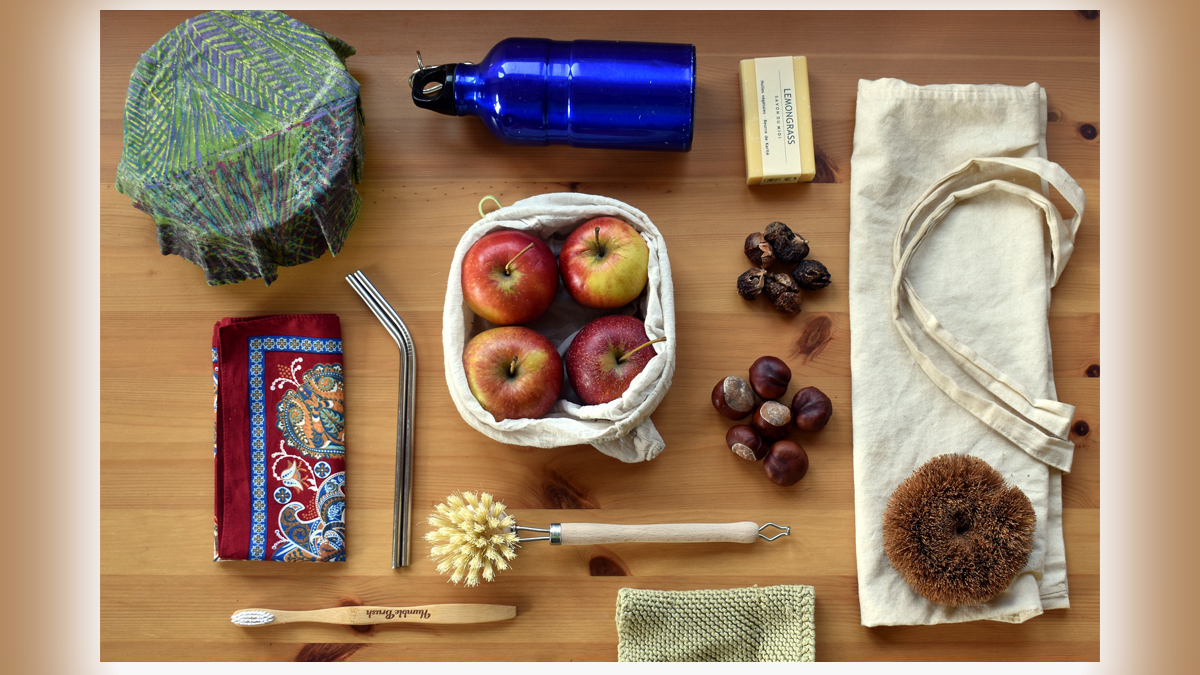
Cause and Effect of Convenience
We have all experienced how, in the hustle and bustle of everyday life, it can be very challenging to break away from convenience. When it comes to products and services, many large companies utilize fast, cheap, and easily disposable single-use containers made from plastic.
Sodas bottles are plastic, baristas serve coffee in plastic cups with plastic caps and straws, fast food restaurants prepare orders in single use wrappers with plastic containers for condiments, and the list can go on and on. These products are used and then discarded.
Single use plastic items, as the name indicates, are used only once, yet plastic breaks down extremely slow, with some forms taking hundreds of years to degrade as shown in the tweet below from the World Wildlife Fund (WWF):
Read More: Sustainable Energy is Now Essential to Rescue Economy and Planet: Earth Day 2020
Zero Waste Defined
Zero Waste as explained by Waste Management, is a philosophy that aims for resources to be reused, recycled or composted, in order to allow for very little to “zero” trash to be sent to landfills or spill into the ocean.
Clearly this issue is important, and getting more so, therefore should be considered a high priority – the reality is that huge amounts of plastic garbage does end up in the ocean and dumped in landfills. This dire state of affairs continues to jeopardize ocean and wildlife as well as our own health.
The organization Eco-Cycle Solutions urges the need for a complete change to our current system. With dwindling natural resources, a compromised ecosystem, and major changes in climate already evident today and with likely more on the way, there is no way the Earth can sustain for much longer and survive for future generations.
The obvious need for large-scale changes at the corporate level, regarding plastic usage, is clear, but we also need to ask ourselves: what can be done on an individual scale?
Read More: “The Uninhabitable Earth”: an Apocalyptic Climate Study that Just might Shock you into Action
Small steps can lead to Big Change
Here are a few products that can be swapped-out and used instead of single and disposable use options:
- Bamboo Toothbrush – both brush and bristles can be composted when time to replace
- Lunchbox – making meals at home instead of eating out eliminates containers and can also be an opportunity to eat healthier
- Water and Coffee Bottles (aluminum, glass or BPA free bottle) – can be refilled endlessly
- Metal or Glass Straws – sturdier than the plastic counterpart and can be used over and over
- Shopping Bags (canvas or other fabric) – can be used to carry groceries or any purchases
- Cloth Napkins – for drying hands or wiping up around the house
“Using more sustainable products offers many benefits: saving money, eating healthier, all while creating a smaller ecological footprint in the world. While all are positive steps, most importantly, these small individual acts can ultimately help in the fight for the survival of future generations.”
While it may be impossible to free us of all waste, with effort and change, not necessarily perfection (decades of waste cannot be eliminated by a short term solution), small steps can lead to a better tomorrow.
Related Articles:
- The Earthly Frontier: Building a Sustainable Future at Home
- Beating the Heatwaves: a Sensual Solution to Satisfy your Limbic System
- For 150 Years Oil was Everything – Our Life, Our Economy: Now It’s Time to Imagine a New Way
- This Climate Solution is a Sleeping Giant
- Microgrids and Distributed Solar Energy can Change our Future
Find books on Big Tech, Sustainable Energy, Economics and many other topics at our sister site: Cherrybooks on Bookshop.org
Enjoy Lynxotic at Apple News on your iPhone, iPad or Mac and subscribe to our newsletter.
Lynxotic may receive a small commission based on any purchases made by following links from this page.
